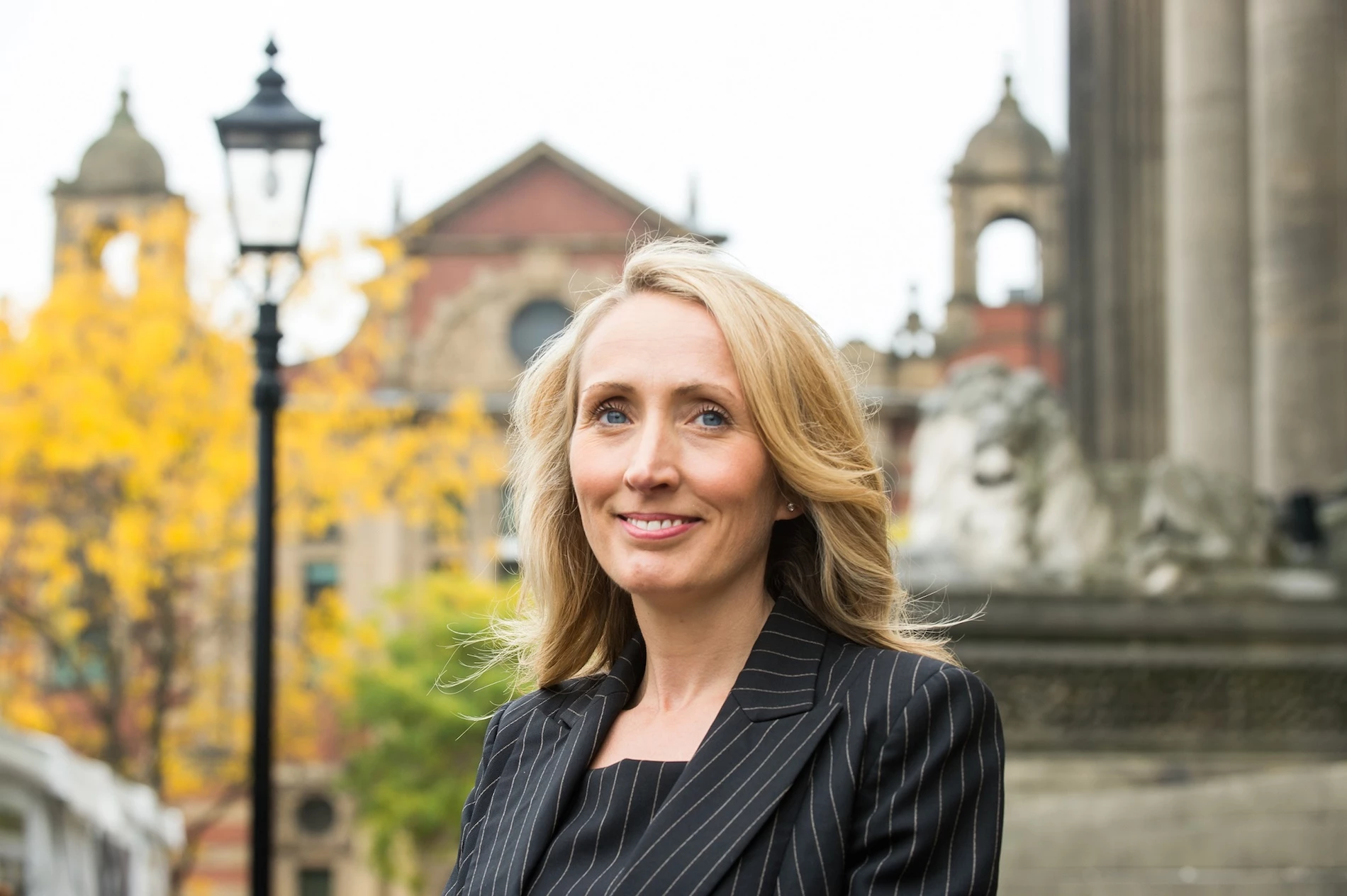
Yorkshire agricultural sector stronger than most of UK despite Brexit threats
The agricultural sector in Yorkshire is performing relatively strongly where many livelihoods continue to depend on it, despite potential threats to the sector’s incomes post-Brexit.
The region has one of the lowest levels of businesses in the sector at higher than normal risk of insolvency this month compared with many other parts of the UK, according to the latest research by insolvency and restructuring trade body R3.
In November, just 23.5% of agricultural businesses in Yorkshire were considered to be at higher than normal risk of insolvency, below the UK average of 24.3%.
Of the 12 regions surveyed, only the East of England (21%); Scotland (21.2%); and East Midlands (21.5%) had lower levels of agricultural businesses in the overall negative band.
The Yorkshire figures, however, represent a rise of 7.4% in the level of agricultural businesses at higher than normal risk since the previous month - 430 of the 1,800 firms in the sector in the region are now considered to be at higher risk.
Eleanor Temple, chair of R3 in Yorkshire and a barrister at Kings Chambers in Leeds, commented: “While agriculture in Yorkshire appears to be fairly resilient, there are still some challenges for the sector.
“Notably, the advisory body to British farmers, the Agriculture and Development Board, has warned about the impact of Brexit on farming incomes in the event of a ‘no deal’. The sector will have to adapt to any loss of subsidies or new competition from non-EU producers.
“Whatever the industry or business, ensuring that you keep a close eye on cash flow and seek professional advice at the first sign of trouble will be vital to weathering the storm.”
This month, Yorkshire saw an overall rise of 3.8% in levels of businesses across all sectors considered to be at higher than normal risk, slightly below the national average of 3.9%. The region also had a lower percentage of at-risk businesses in manufacturing and hotels than the UK-wide levels, and the same percentage in the pubs sector.
Looking to promote your product/service to SME businesses in your region? Find out how Bdaily can help →
Enjoy the read? Get Bdaily delivered.
Sign up to receive our popular Yorkshire & The Humber morning email for free.








 £100,000 milestone drives forward STEM work
£100,000 milestone drives forward STEM work
 Restoring confidence for the economic road ahead
Restoring confidence for the economic road ahead
 Ready to scale? Buy-and-build offers opportunity
Ready to scale? Buy-and-build offers opportunity
 When will our regional economy grow?
When will our regional economy grow?
 Creating a thriving North East construction sector
Creating a thriving North East construction sector
 Why investors are still backing the North East
Why investors are still backing the North East
 Time to stop risking Britain’s family businesses
Time to stop risking Britain’s family businesses
 A year of growth, collaboration and impact
A year of growth, collaboration and impact
 2000 reasons for North East business positivity
2000 reasons for North East business positivity
 How to make your growth strategy deliver in 2026
How to make your growth strategy deliver in 2026
 Powering a new wave of regional screen indies
Powering a new wave of regional screen indies
 A new year and a new outlook for property scene
A new year and a new outlook for property scene